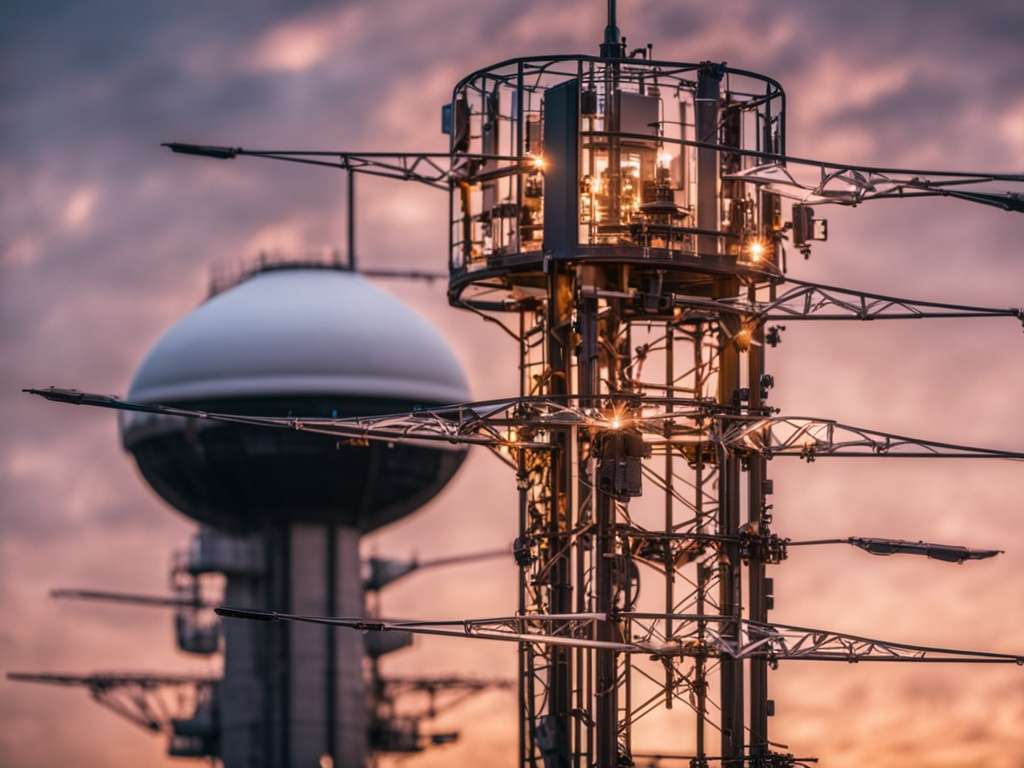Join us for an unforgettable jamming session.
Where to Use a Jammer?
The popularity of devices that jam electromagnetic frequencies, or ‘jammers’, is rising among individuals and organizations, despite their illegality in most parts of the world. These devices are becoming increasingly compact, portable, user-friendly, and affordable. Purpose-built jammers, specifically designed to block certain signals, are particularly sought-after. Cell phone, WiFi, drone, and even gps jammers top the list. However, authorities in many countries disapprove of their use due to their wider-than-intended impact. Blocking mobile phones in schools, theaters, or hospitals, or drones over private property, can unintentionally cause widespread disruptions.
Jammers, while easily purchased, come with strict usage regulations that vary by country. Their potential to disrupt essential services like emergency calls and air-traffic control has led nations like South Africa and Israel to outlaw them entirely, reserving their use for exclusive government control in law enforcement, security, and military operations. In the US, Canada, and India, only specific law enforcement bodies are authorized to use jammers, while Italy mandates special permission even for these agencies. Pakistan, Singapore, and Iran allow jammer use only with a permit, typically difficult for non-governmental organizations to obtain. Interestingly, the UK permits the ownership of cell phone jammers but prohibits their actual use, highlighting the complexity and often paradoxical nature of these regulations.
Where can I legally use a jammer?
Jammers play a pivotal role in maintaining security around jails and detention centers, blocking unauthorized communication between inmates and the outside world. While Brazil, India, New Zealand, and Sweden have either granted exemptions or are mulling over permissions for using cell phone and wifi jammers in these settings, the UK has already legalized their use since 2012. Notably, some countries have gone a step further, allowing or proposing the expanded use of jammers. India, for instance, permits their use in schools, mosques, and theaters, provided the interference remains contained within their premises. Although there was açææé´when jammers were sanctioned for use in places like theaters and concert venues, this practice ceased in 2012. Now, if you find yourself in a position where you legally acquire a cell-phone jammer, you might want to consider your next travel destination carefully, as the legality and application of these devices vary widely across the globe.
Ukraine stands as one of the few nations where the use of jammers is legally permitted, thanks to a government effort to curtail students’ cheating on tests via mobile phones. This unique approach sets the country apart in the global context, where such measures are rare.
